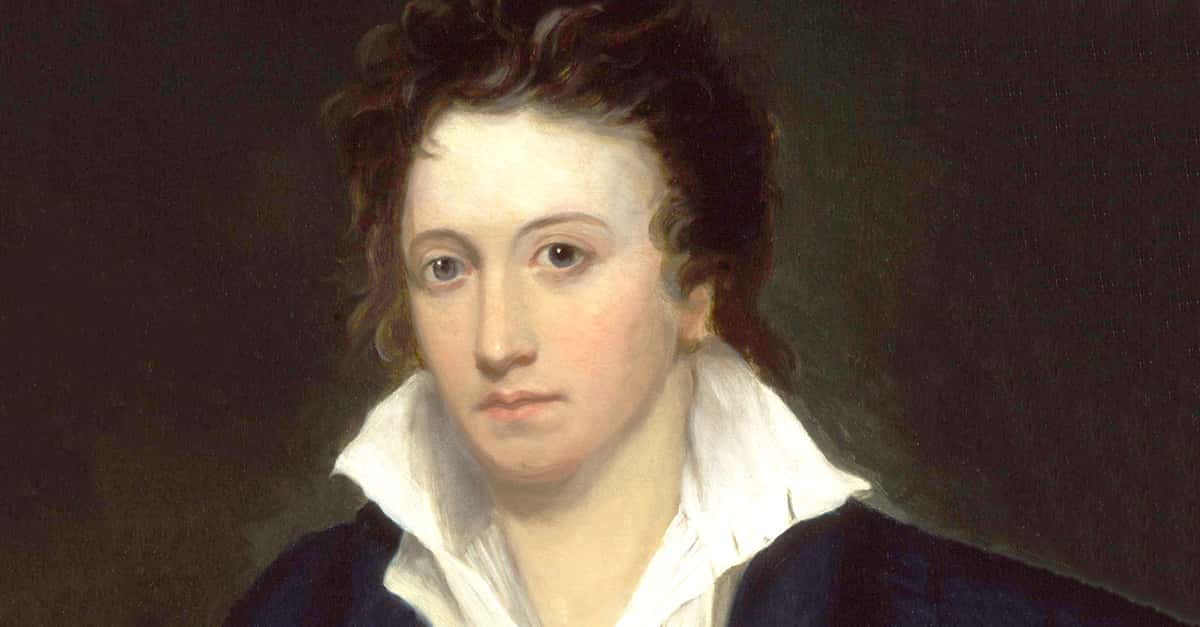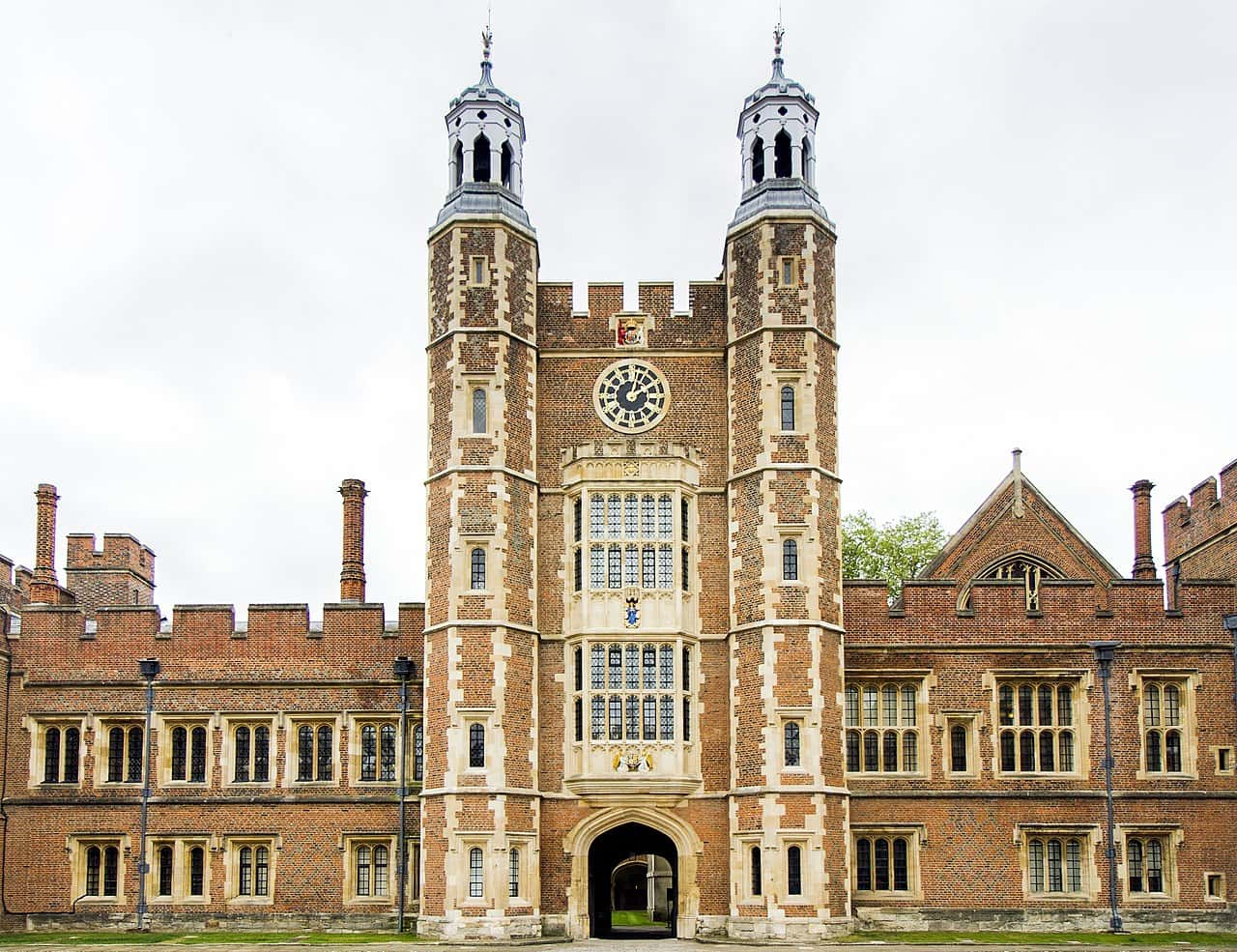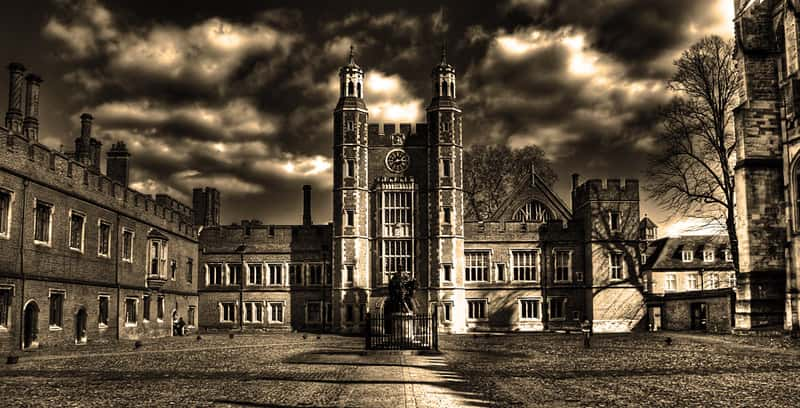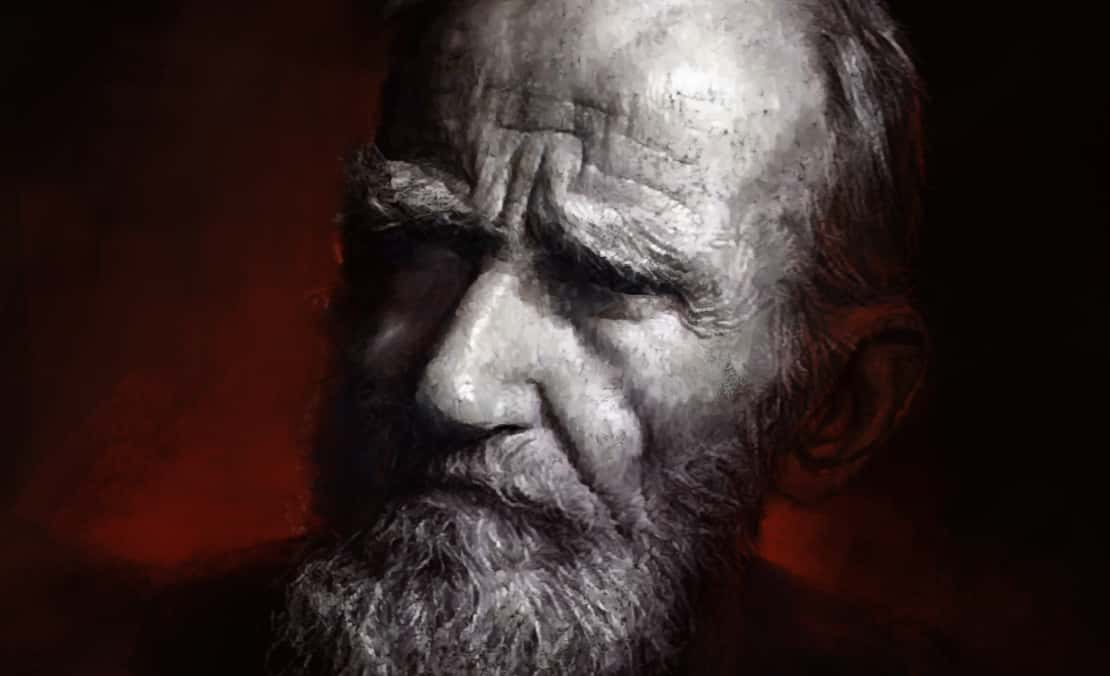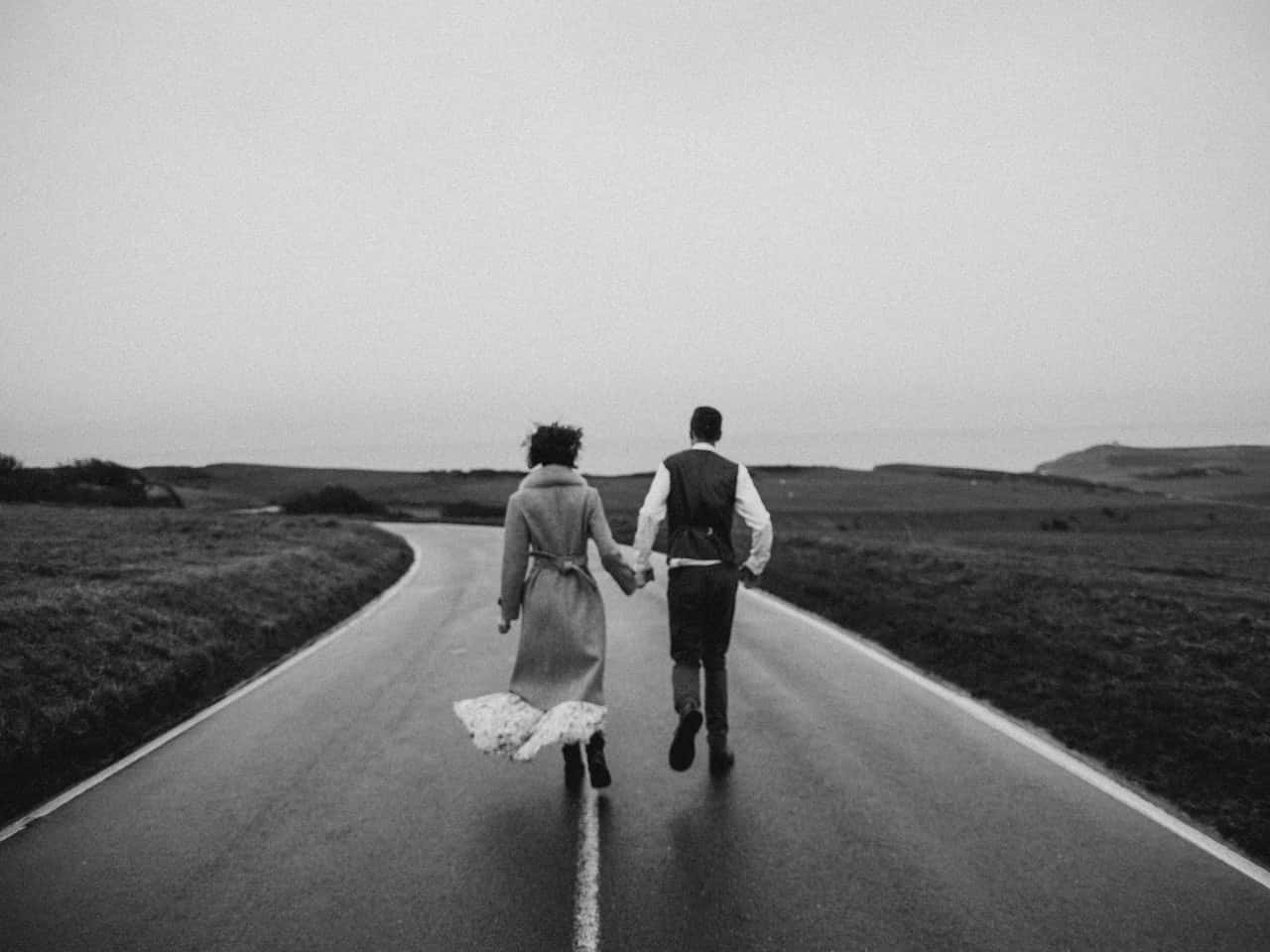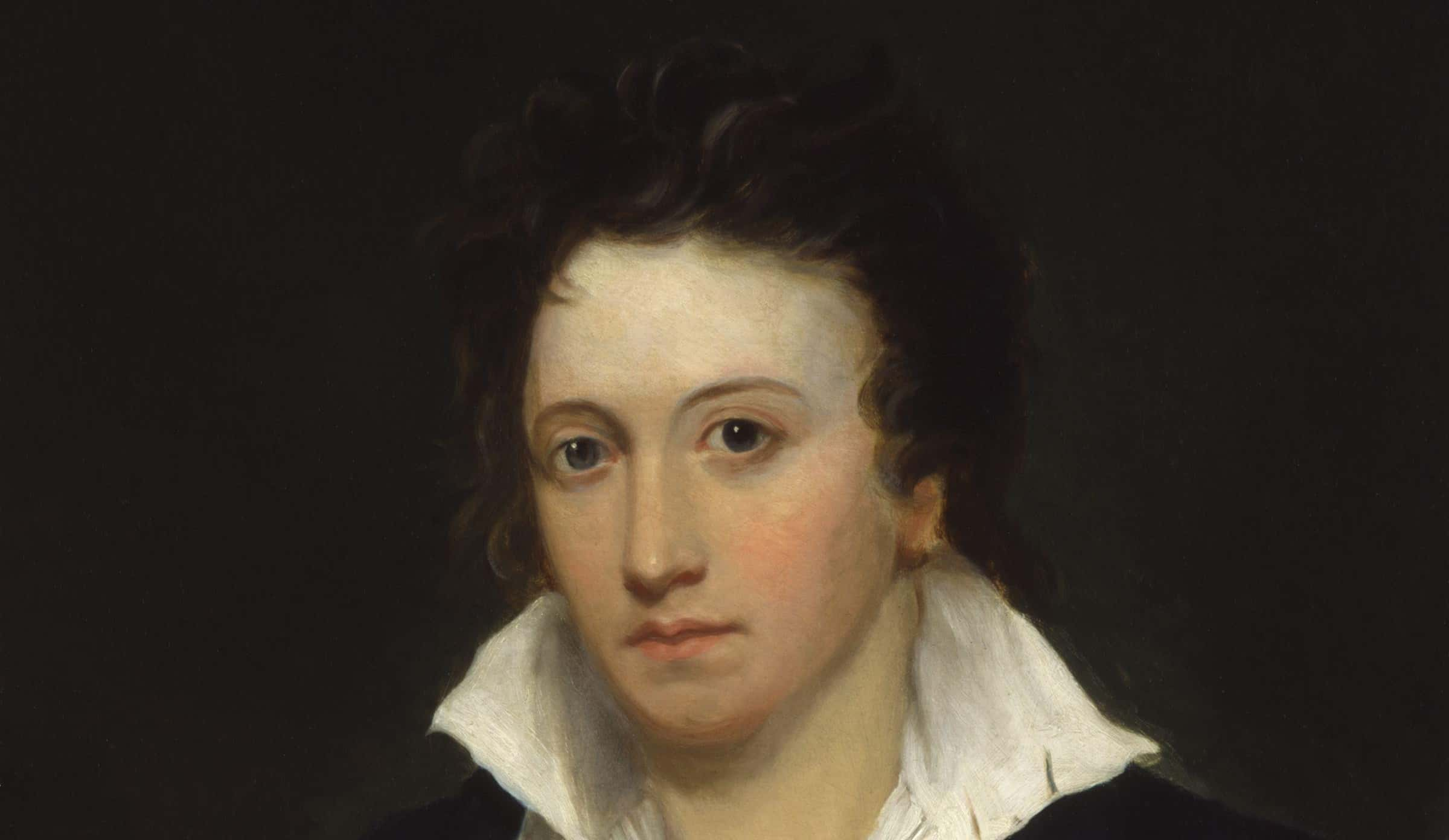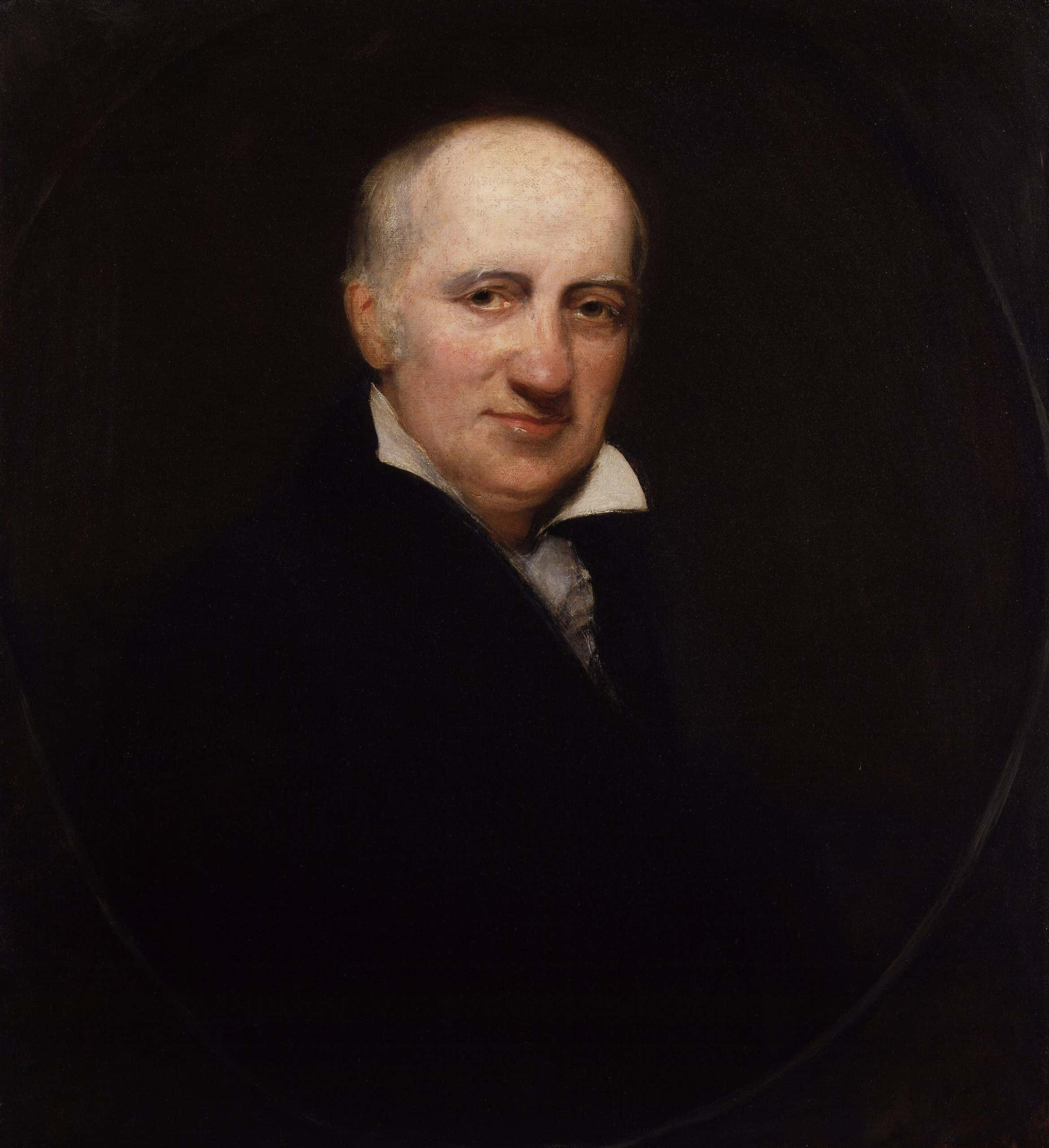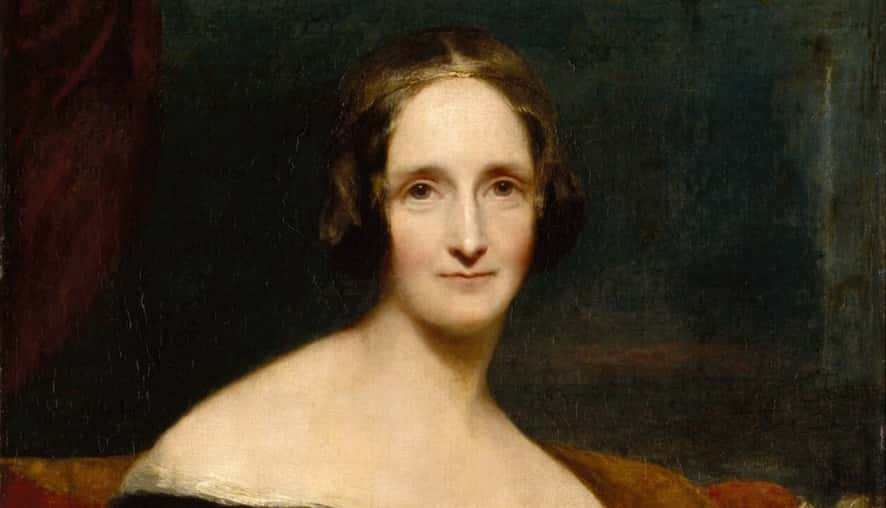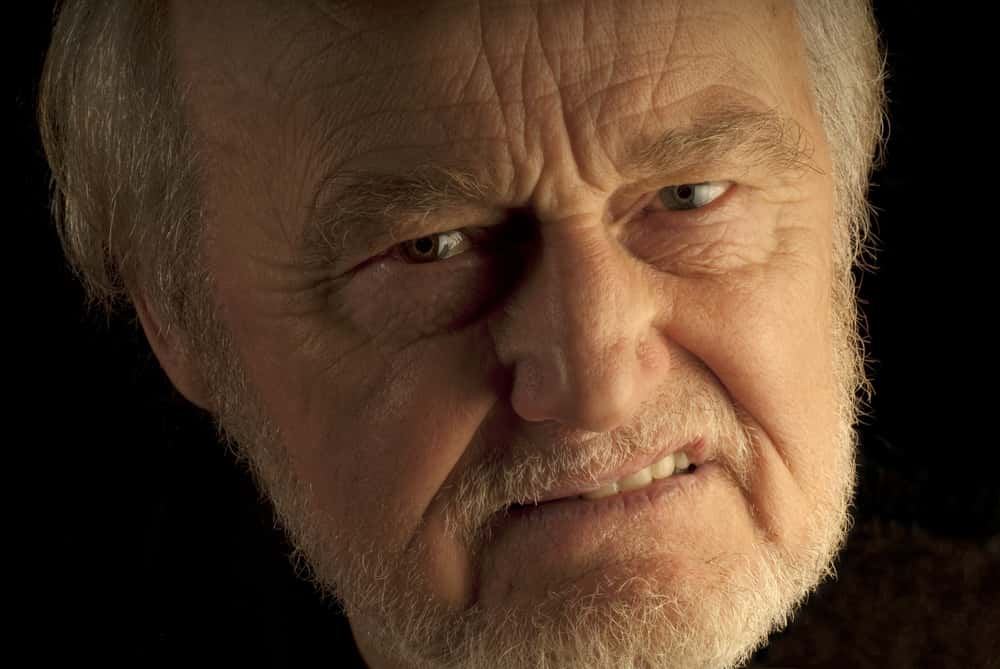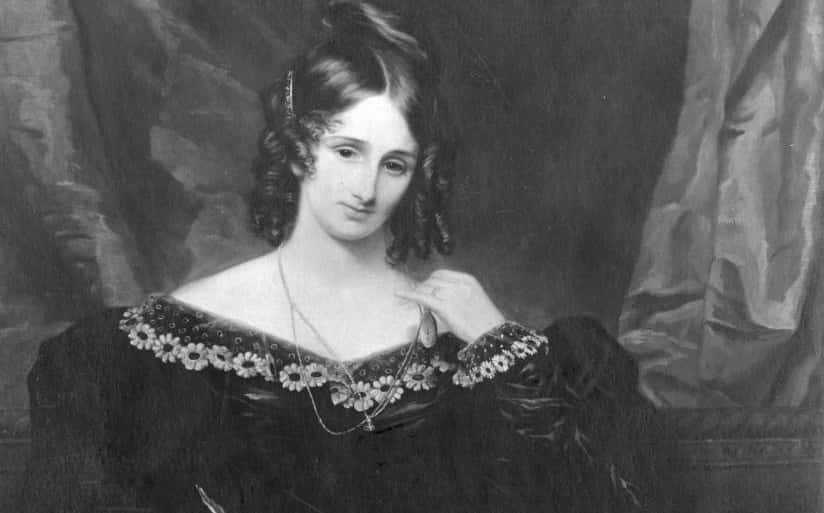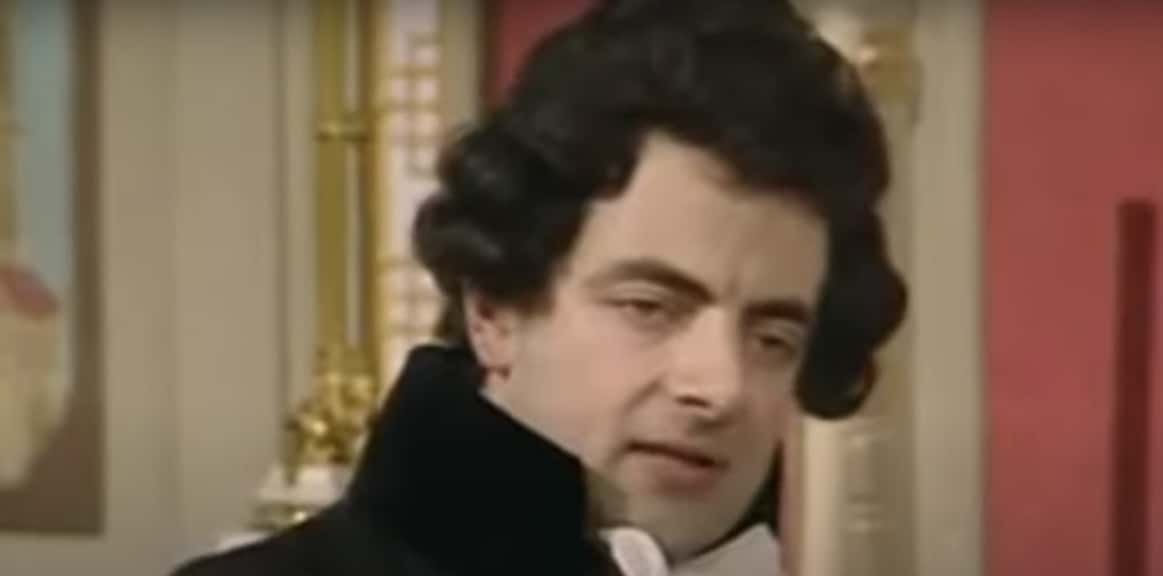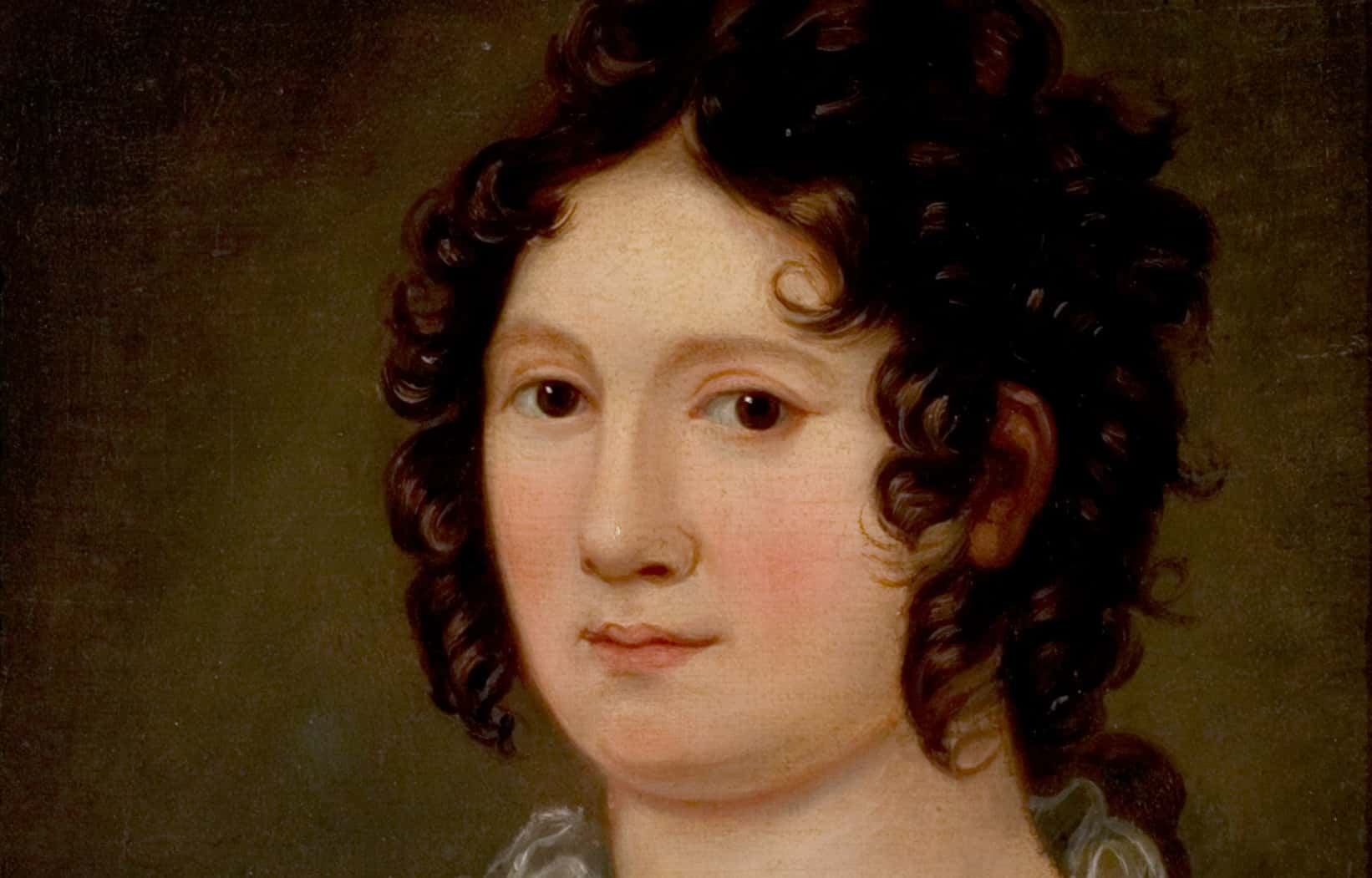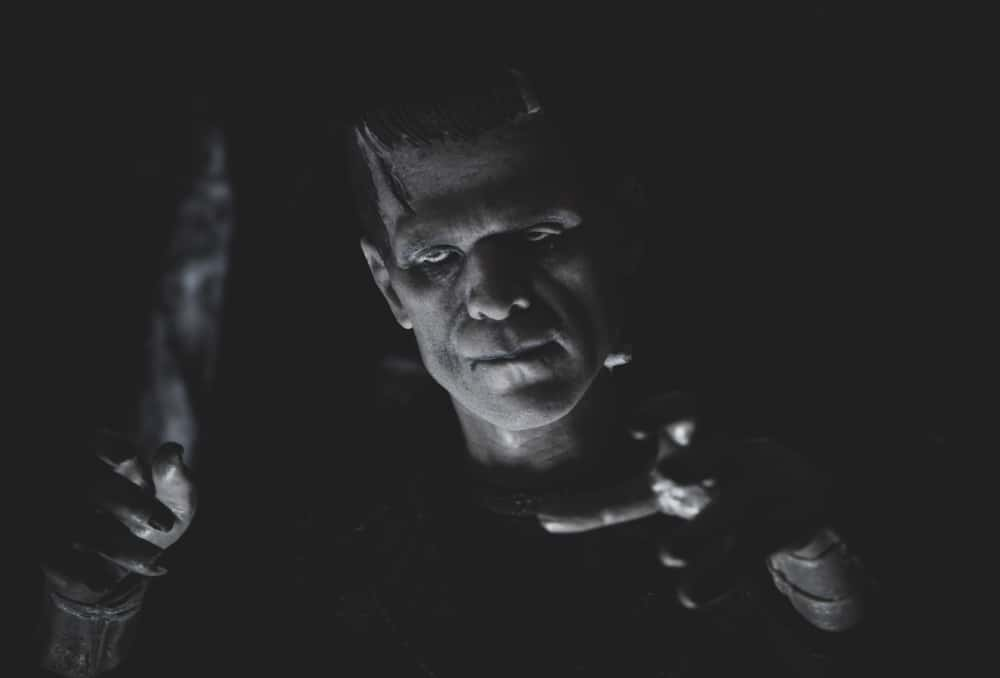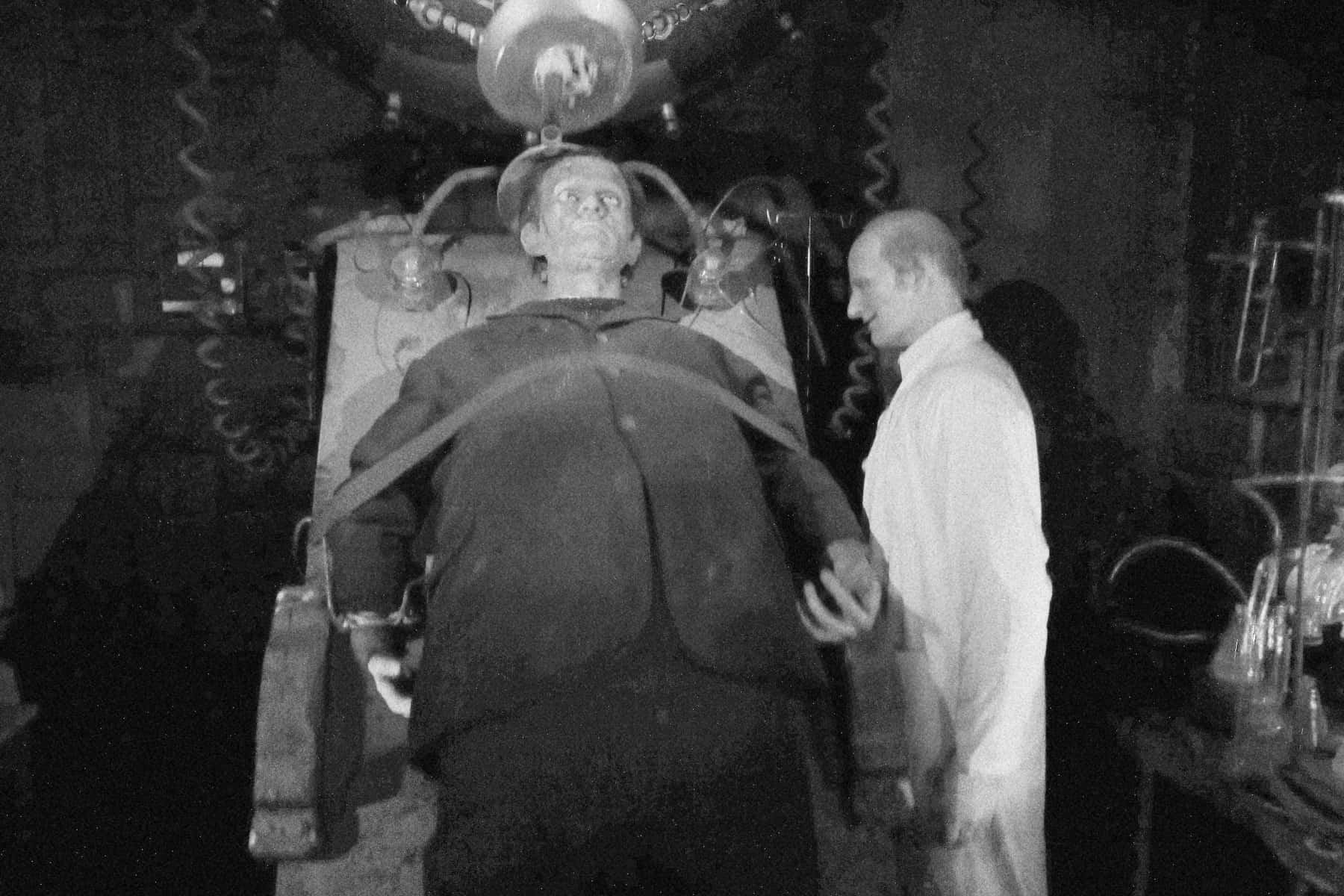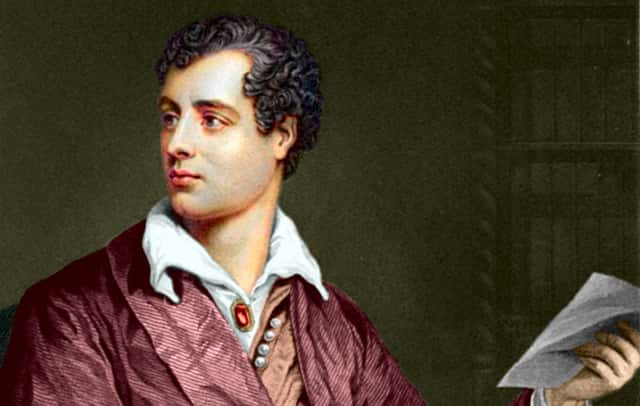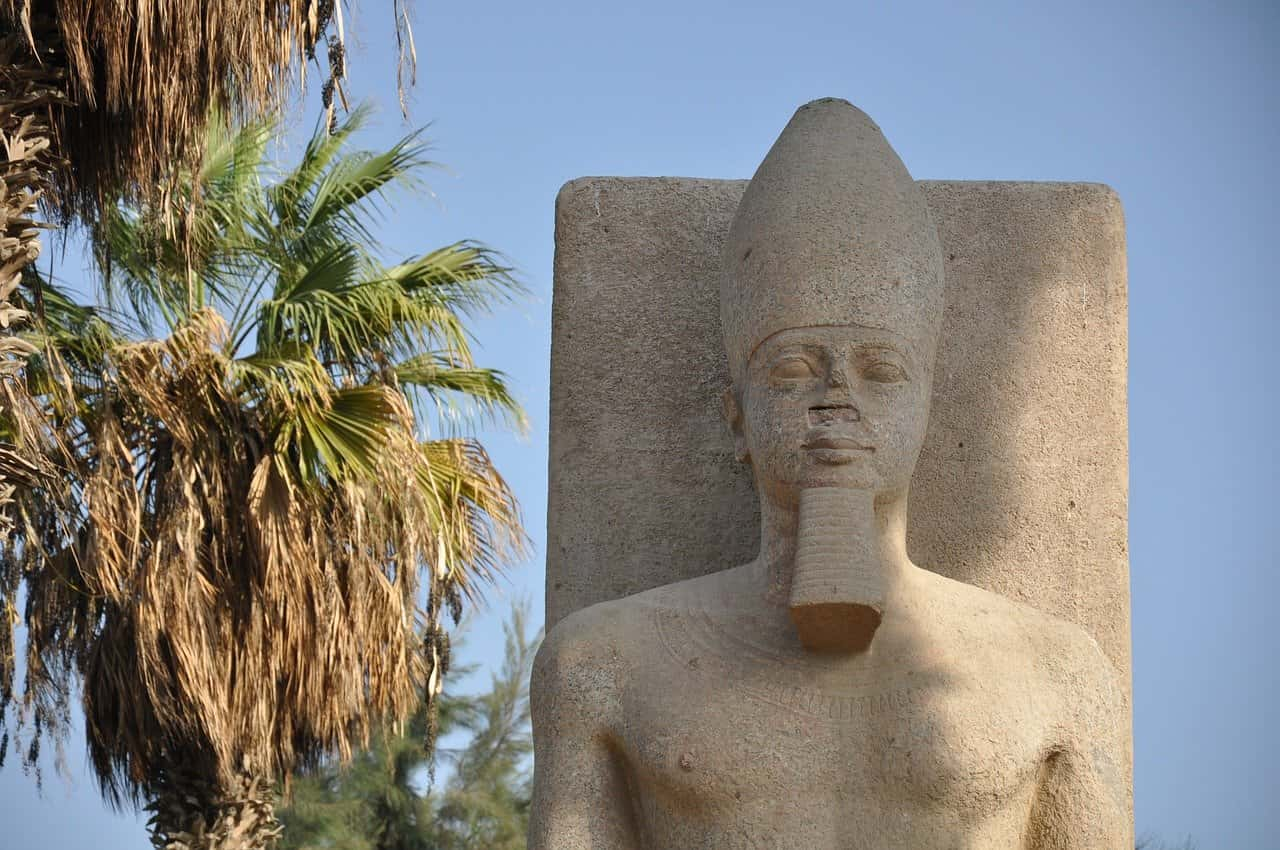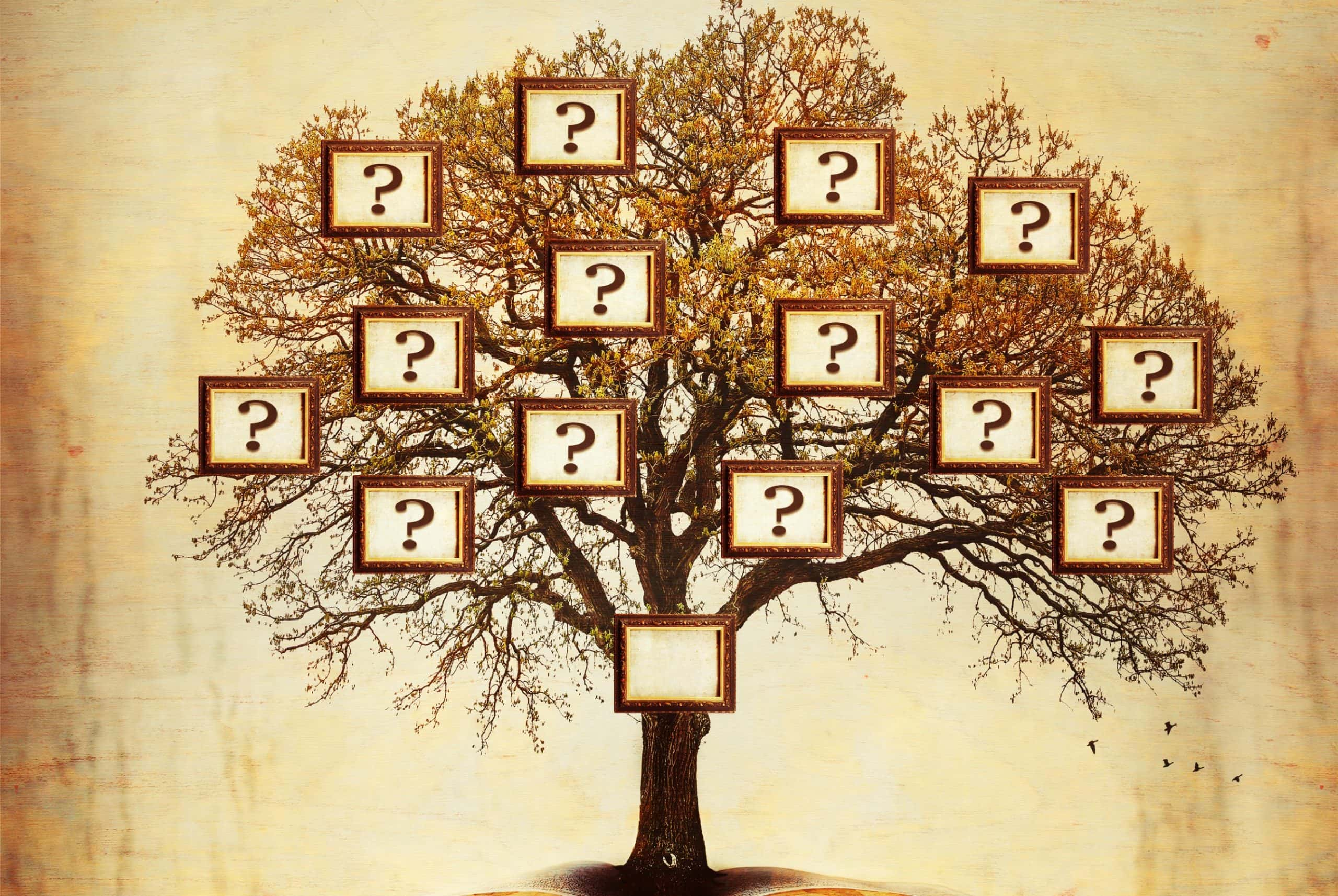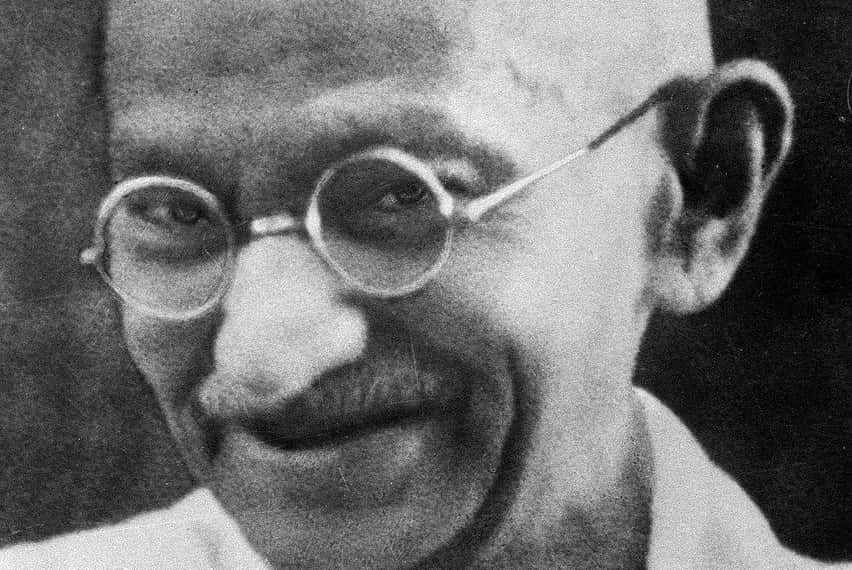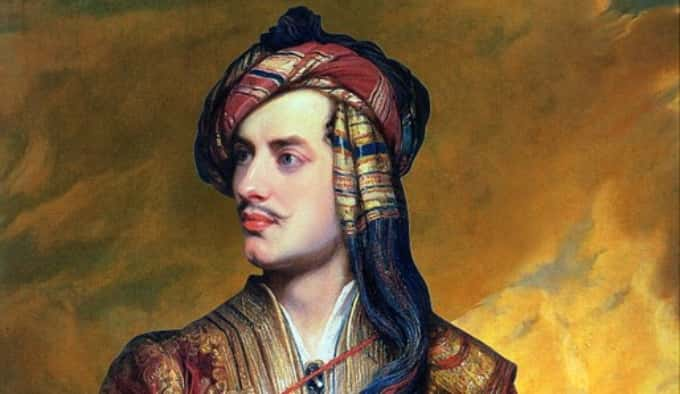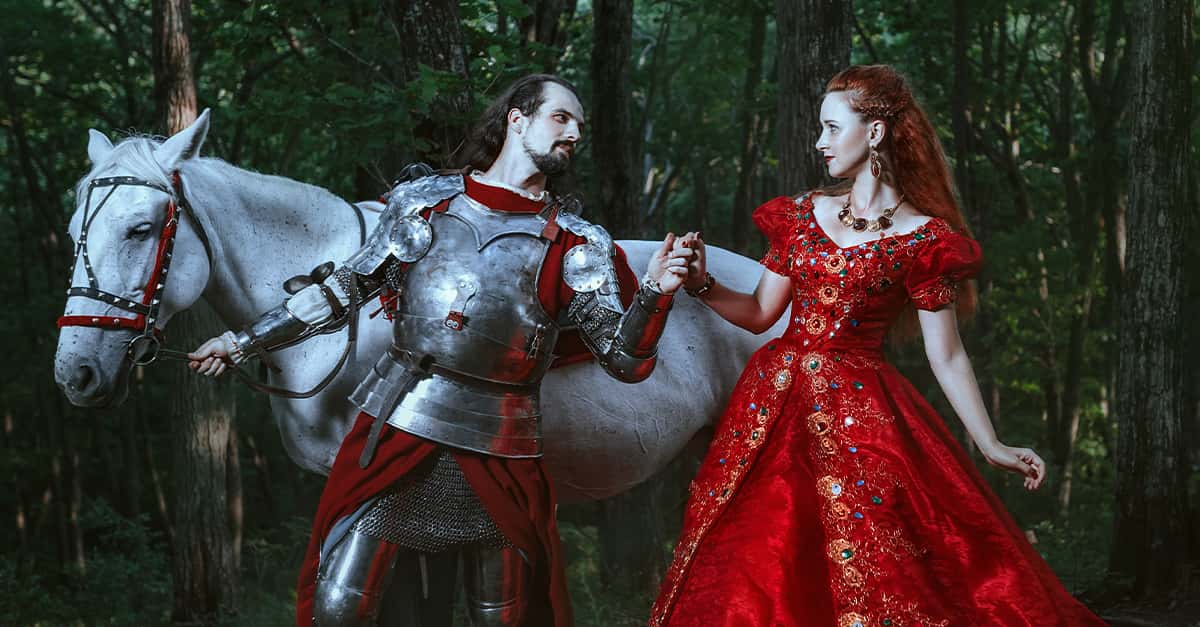During the Romantic era of English literature, Percy Shelley was a giant in the cultural imagination. He and his wife Mary Shelley, the writer of Frankenstein, were something of a power couple in the early 19th century. But their love, and Percy's life, was wracked with intrigue and more than a little tragedy. To find out more about this romantic writer, scroll downwards and start reading.
Facts About Percy Shelley
1. A Poet Is Born
Shelley was born on the 4th of August, 1792 to Elizabeth Shelley (nee Pilford), a landowner from Sussex, and Sir Timothy Shelley, a member of Parliament in the Whig Party.
2. What, No Polo?
Unlike many famous poets in history, Shelley’s early childhood was very much a happy one. Shelley grew up in a privileged household and lived in the countryside of West Sussex, where he spent idyllic days fishing and hunting.
3. Screen Adaptations
Shelley’s work has been directly quoted and referenced in several TV shows and films. Among the more well-known examples include the David Lynch series Twin Peaks and the Showtime horror-drama Penny Dreadful.
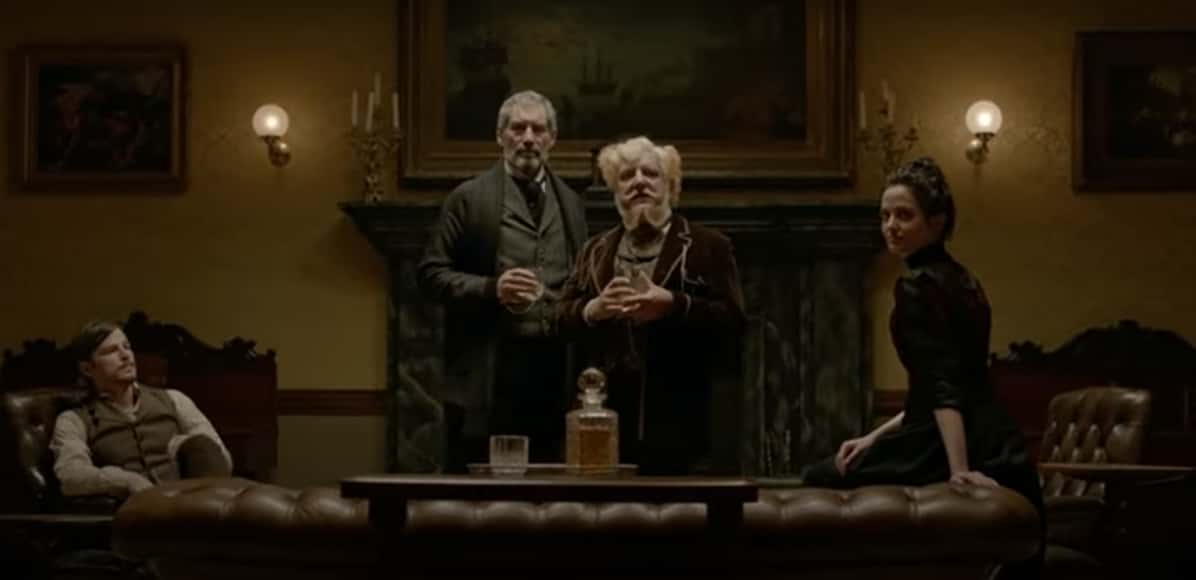 Penny Dreadful, Showtime Networks, 2015
Penny Dreadful, Showtime Networks, 2015
4. Too Cool to Fit in
Trouble started for Shelley when he first enrolled at Eton College in 1804. He was treated as an outsider, especially when he refused to partake in the more traditional activities at the famed school, like acting as a servant to older boys. As a result, Shelley was bullied ruthlessly by the other students during his time there. Apparently, the boys would torment him daily, calling these incidents "Shelley-baits."
5. He’s Crazy!
Another reason for Shelley’s bad time at Eton College was his propensity for pranks. And we’re not talking about innocent pranks like stink bombs or rude messages. One of Shelley’s most notorious accomplishments was blowing up a tree with gunpowder. No wonder he was known as “Mad Shelley.”
6. Respect From Successors
Among the many people who admired Shelley’s work were the writers George Bernard Shaw, Upton Sinclair, and C.S. Lewis.
7. Nice Theses, Percy
As well as fiction, Shelley wrote a number of essays on a variety of subjects. Most of these essays were written while Shelley was a student at Oxford, and his subsequent fame as a writer would draw more attention to his early years.
8. God Is Dead. I Killed Him.
One of these essays that Shelley worked on was titled The Necessity of Atheism. In this work, Shelley argued that since a person’s beliefs are involuntary, it’s unjust to persecute someone for having beliefs that they cannot control. Since this was the early 1800s, Shelley faced serious punishment from Oxford’s administration, and he was eventually dismissed from the school.
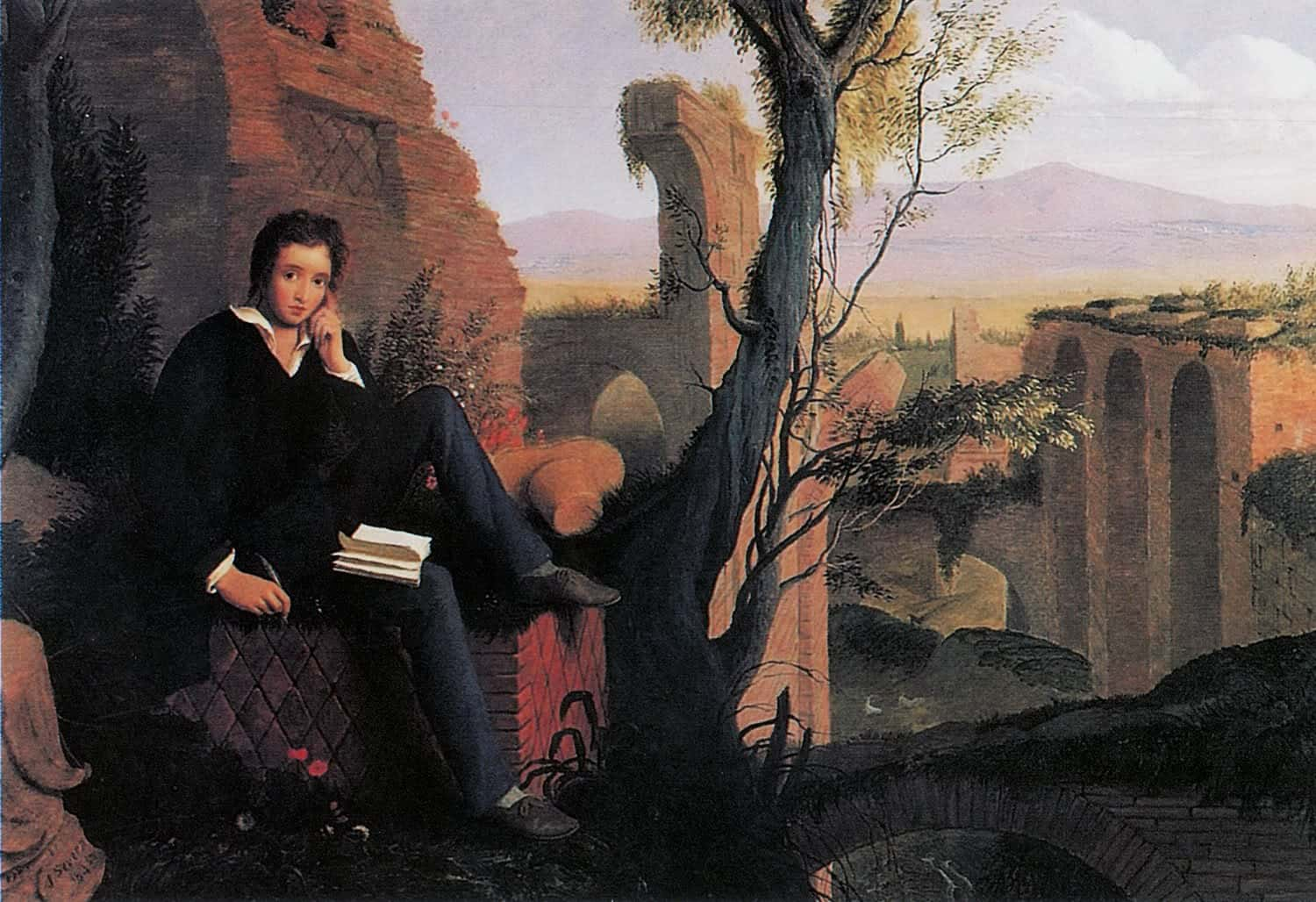
9. Hopeless Romantic
After his departure from Oxford, Shelley was utterly besotted by Harriet Westbrook, a young woman three years his junior. Shelley’s father forbade his son from continuing any sort of romance with Westbrook, but the rebellious Percy was having none of that. Contrary to his father’s commands, Shelley took Westbrook to Scotland and eloped with her.

History's most fascinating stories and darkest secrets, delivered to your inbox daily.
10. Any Silver Linings?
Sadly, Shelley’s marriage to Harriet Westbrook didn’t lead to love conquering all. Shelley’s father financially cut off his son and refused to have the newlyweds in his house. Additionally, Westbrook’s sister Eliza moved in with the new couple, much to Shelley's dismay, as he and Eliza didn't get along well at all.
 Pexels
Pexels
11. Does That Make Him a White Savior Stereotype?
Shelley gained notoriety with the British government for the first time when he traveled to Ireland and wrote open criticism of how the British treated the Irish, trying to incite Irish people to recognize just how much of their miserable existence was thanks to British domination. To be honest, we’re not sure how much reminding the Irish needed.
12. Cruel and Unusual Persecution
Shelley’s proclaimed atheism would continue to have consequences for him in the very religious society of the 19th century. Upon the death of his first wife Harriet, Shelley was denied custody of his own children because his lack of religion was supposedly a sign of an unfit parent. His son, Charles, and daughter, Ianthe, were raised by foster parents instead.
13. Gold Digger
Shelley was a great admirer of the radical writer William Godwin, and eventually contacted him, mentioning his estrangement from his wealthy father. It kind of backfired: Godwin, a poor philosopher who smelled a rich boy, started asking questions about Shelley's wealth. He encouraged Shelley to reconcile with dear old dad—mostly in the hopes of getting financial aid from the young poet.
14. Cold-Blooded
Shelley quickly lost patience with his marriage to Harriet Westbrook, and began to suspect she married him for her money. Meeting William Godwin's young, pretty, and intelligent daughter Mary proved the final nail in the coffin. He abandoned Westbrook for Mary in 1814, while Westbrook was pregnant with their second child. Don't worry, he still provided her monthly payments to ensure that she wasn’t penniless.
15. Romantic Getaway?
When he abandoned Westbrook, Shelley was 22 years old; his new love interest, Mary, was 16. The young lovers went to Switzerland alongside Mary's cousin Claire Clairmont. While there, they spent their time reading great literature and traveling the Swiss countryside on foot.
16. Just Friends
Aside from his stormy love life, Shelley had a very close yet nonsexual bond with a schoolteacher named Elizabeth Hitchener. She would go on to serve as a muse to Shelley, who described Hitchener as his “second self.”
17. The Notebook Ripped Me off
In the middle of a loveless marriage, Shelley fell so hard in love with the intelligent Mary that he threatened suicide if she didn’t give him a chance.
18. What a Nice Guy…
Percy and Mary's first trip to Switzerland ended after six weeks due to them being dirt poor teenagers and young adults. As you can imagine, they didn't receive any warm welcomes back home, not the least from Mary’s furious father William Godwin. He refused to meet either of them, though this didn’t stop him demanding money from Percy, to be delivered under a false name to avoid any scandal. I think that's called...blackmail?
19. Out With the Old, in With the New
Heartbroken and abandoned by her husband, Harriet Westbrook took her own life in December 1816. At the time of her death, Westbrook had fallen out of contact with her lover and had left her children in the custody of her sister. Just three short weeks after her body was discovered, Shelley made Mary his second wife; they would remain a couple until his death.
20. Meat Is Murder
In 1812, Shelley was converted to vegetarianism by his friend, who had adopted the lifestyle choice after a visit to India. He wrote several essays and at least one epic poem about vegetarianism.
21. You’re the Man, Sam!
Shelley was portrayed by Lee Cornes in the Blackadder episode “Ink and Incapability,” though it's not quite a flattering portrayal. Shelley is depicted as a drunk and a drug addict.
22. When Artists Meet
Percy Shelley met another giant of literature, the poet Lord Byron, through Mary's cousin Claire Clairmont. Clairmont had begun a steamy affair with the notorious womanizer Byron, but he had distanced himself from her. In response, Clairmont invited Byron to meet Shelley, hoping their artistic rendezvous would help her win him back somehow.
Mary, Percy, and Byron were all creatively rejuvenated by their subsequent interactions, and Mary even came up with the idea for Frankenstein in one of their social visits. Clairmont? Well, her tryst still went bust.
23. Power Couple
Not surprisingly, Shelley collaborated with his wife, Mary, on several written works, including Frankenstein; Shelley wrote a preface for his wife’s book when it was published. The couple also co-wrote the plays Midas and Proserpine.
24. Farewell, Sweet Child
Though Byron abandoned Claire Clairmont, he still left her a small token: a child. In 1817, she gave birth to his illegitimate daughter, named Alba. Since Byron was hardly the most responsible father, Percy and Mary initially took the baby into their own household.
Eventually, though, they began to worry that gossip mongers would say that Percy was Alba's true father, so they travelled to Venice and put her in Byron's care. He renamed her "Allegra" and promptly stuffed her into a convent, believing that this would give her the best future possible as an illegitimate child. Sadly, Allegra Byron died at the premature age of five.
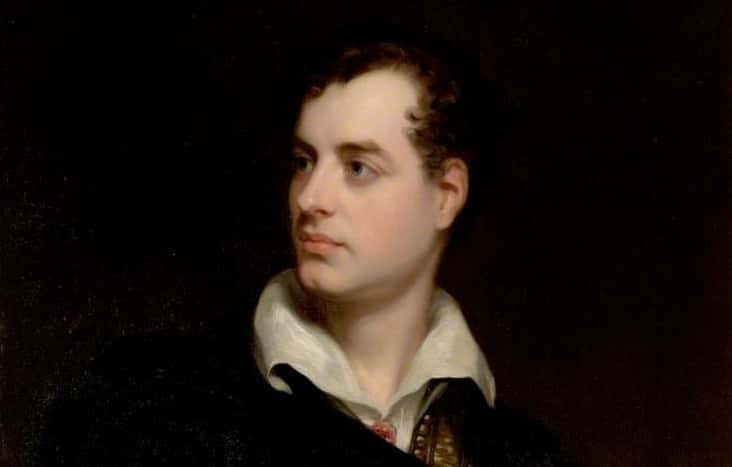 Wikipedia
Wikipedia
25. Bollocks…
British Prime Minister Benjamin Disraeli wrote his romantic fantasy novel Venetia in 1837. The novel features two male protagonists who are clearly based on Shelley and Lord Byron.
26. Missed Opportunity
Before his death, Shelley was planning to establish a journal in Italy that would be written by himself, Lord Byron, and poet Leigh Hunt. Disgusted with the conservative papers of the day, Shelley wanted to create a publication in contrast to such periodicals as The Quarterly Review. Fittingly, he planned to title this journal The Liberal.
27. Is the Credit Due?
It has long been a contested issue as to whether Percy Shelley is a co-writer of Frankenstein. While the idea for the story was undoubtedly Mary’s, her husband allegedly contributed to the book’s content. It remains uncertain how much he did or didn’t contribute, but one 2008 edition of the book lists both Shelleys as authors. However, many female authors at the time had the validity of their work questioned because of their gender.
28. Unknown Genius
Despite his undeniable talent as a writer, the radical Shelley never experienced the popularity that his contemporary, Lord Byron, had when he was alive. It wasn’t until after his death that Shelley’s literary legacy was celebrated.
29. Most Unorthodox!
One reason why Shelley was unappreciated in his own lifetime is that much of his work was unpublished while he was alive. Other works, while published, were suppressed by Victorian society due to their content, either for religious or political reasons.
30. Where’s the Bollywood Adaptation of Frankenstein?
Shelley’s written work also developed a following beyond the UK. Indian poets Rabindranath Tagore and Jibanananda Das both considered Shelley an influence on their work.
31. Look on my Works, Ye Mighty, and despair!
You probably know about Shelley’s most famous work without realizing it: his poem "Ozymandias" has the famous lines "My name is Ozymandias, King of Kings; / Look on my Works, ye Mighty, and despair!"
The poem actually came out of a friendly competition Shelley had with his companion Horace Smith, as both men wrote sonnets based around a similar theme with the same title. "Ozymandias" describes the Pharaoh Rameses II and reflects on how time destroys even the mightiest of humankind’s empires.
32. Art Begetting More Art
While you might not have read Shelley’s "Ozymandias," you have definitely seen it referenced in films and TV shows. One of the best episodes of Breaking Bad got its title from the poem, and a copy of Shelley’s sonnet makes a cameo in the film adaptation of Alan Moore’s Watchmen.
33. Limited Progeny
Shelley was survived by two children with Harriet Westbrook and one child with Mary Shelley. The latter, Percy Florence Shelley, inherited the Baronet of Castle Goring and lived a long life before dying childless. His son with Harriet, Charles, died after being struck by lightning in 1826. Only his daughter, Ianthe, would go on to have children of her own.
34. Descended From a Hero
On his mother’s side, Shelley was the nephew of Captain John Pilfold, who was famously alongside Admiral Horatio Nelson at the Battle of Trafalgar.
35. My Great-Great-Great Uncle
One of Shelley’s distant relations would go on to be a well-known musician in his own right: Mike Rutherford, the guitarist in the prog-rock band Genesis.
 Wikimedia.Commons
Wikimedia.Commons
36. Worldwide Fame
Incredibly, Shelley is responsible for one of the very first modern statements on the subject of nonviolent resistance. The Masque of Anarchy wasn’t published while Shelley was alive, but it became famous through its examination of responding to violence with pacifism. No less a figure than Mohandas Gandhi quoted the text on several occasions, citing it as an inspiration.
37. Farewell, Percy
On the 8th of July 1822, Shelley was sailing a boat with two companions on the Gulf of Spezia when a storm a sudden storm hit. Tragically, the great poet drowned at the young age of 29. He was just a month shy of his 30th birthday.
 Shutterstock
Shutterstock
38. Petty Feud
The boat which Shelley had been sailing in on the day of his death had actually caused a rift between Shelley and his friend Lord Byron. Originally, the boat was named Don Juan, in honor of Byron’s literature. However, according to Mary Shelley, her husband had renamed the boat Ariel, much to Byron’s resentment.
39. Best Buds
Even with this resentment, a heartbroken Lord Byron had nothing but good things to say about Shelley in the wake of his death, stating, “I never met a man who wasn’t a beast in comparison to him.”
40. Have Some Respect!
Sadly, Byron was one of the only ones to say something positive about the fallen Shelley. One obituary in the UK wrote, "Shelley, the writer of some infidel poetry, has been drowned; now he knows whether there is God or no."
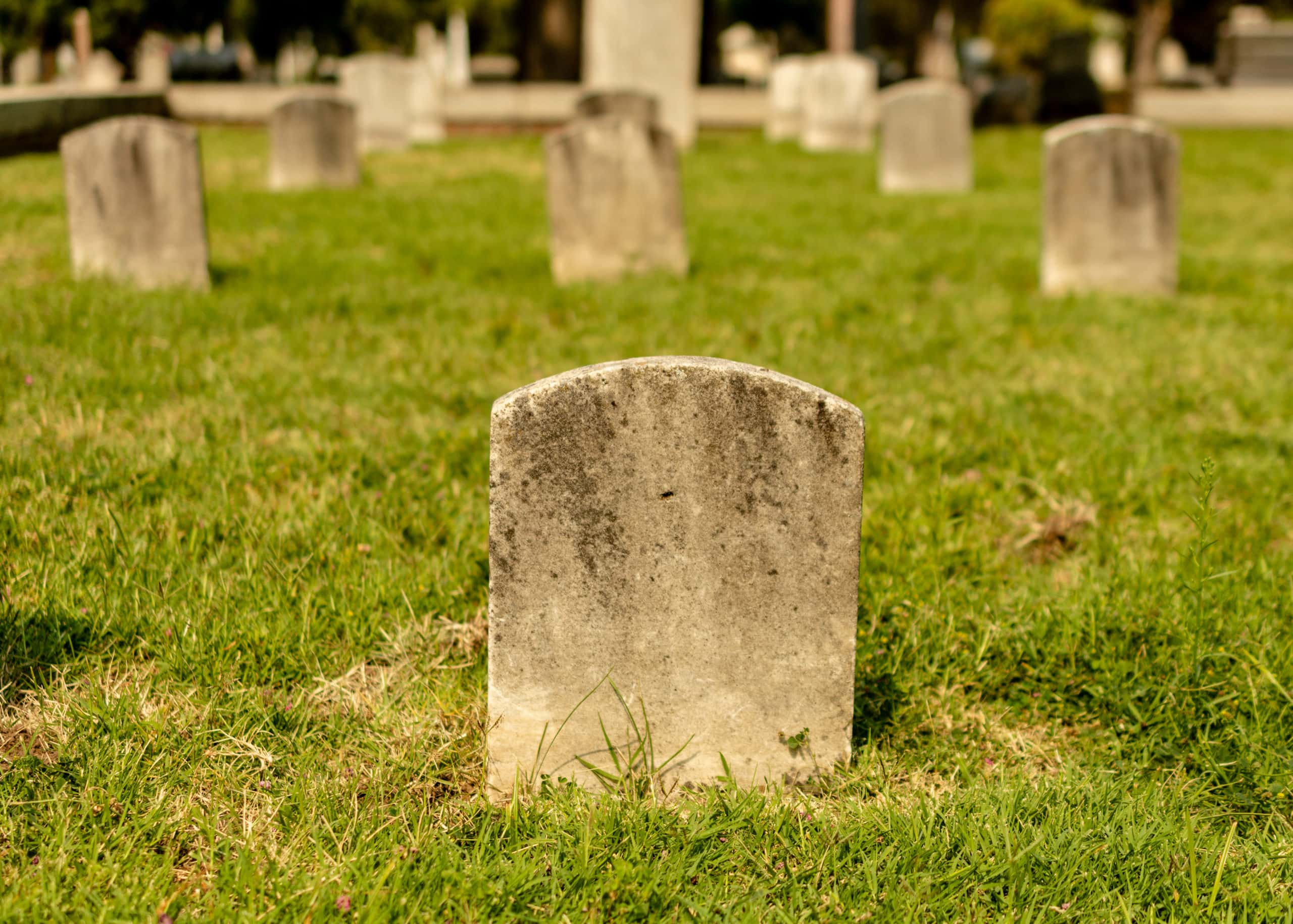 Shutterstock
Shutterstock
41. Was He Shot From the Grassy Knoll?
Despite Shelley's apparent drowning, several theories attribute more sinister reasons for his death. Some argued that Shelley and his companions were robbed and either killed or left for dead by pirates. Others wrote that Shelley was targeted for political reasons, and yet another theory is that Shelley was depressed and deliberately caused his boat to get caught in the storm so that he might die.
42. Macabre Keepsake
When Shelley's body was cremated, everything burned except, reportedly, for his heart, which had calcified. Instead of burying it, his bereaved widow Marry wrapped the heart in a silken shroud, and supposedly carried it with her almost everywhere she went from then on. One year after her death, the heart was found in her desk wrapped in the pages of one of Percy’s final poems. Totally creepy, but also romantic?
 Getty Images
Getty Images
43. My Heart Will Go on
According to legend, Shelley's heart was passed down to his son, also named Percy, after Mary's death, and it was later buried with him.

